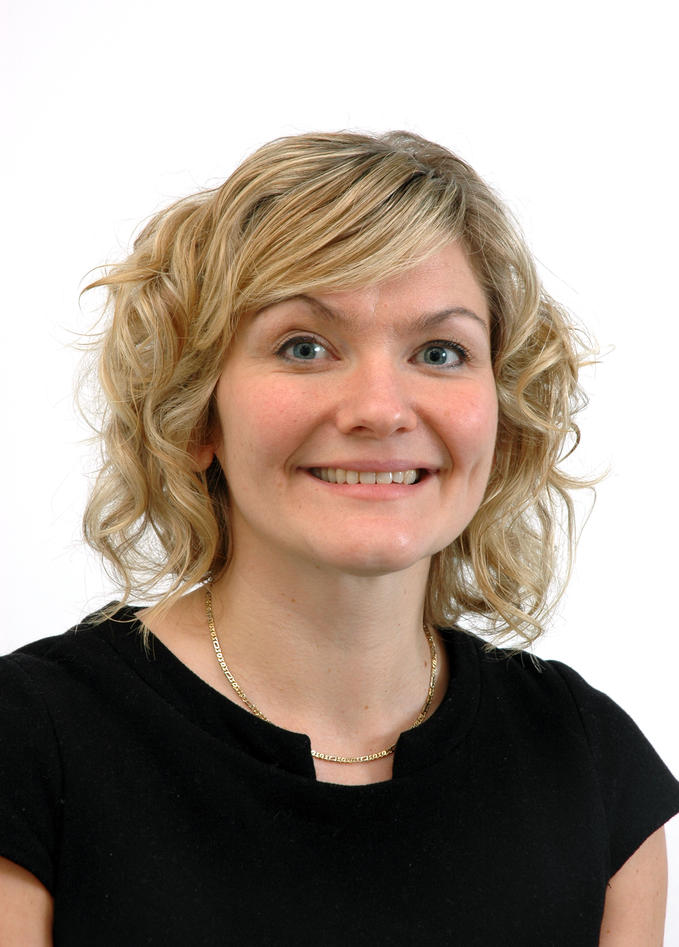Can earmarked electoral financing increase the share of women in parliaments?
Associate Professor Ragnhild L. Muriaas and Happy M. Kayuni find in a new study of Malawi that even though earmarked electoral financing can improve the prospects of female candidates in intra-party nomination battles, such strategies also have unintended negative consequences.

Main content
The article ALTERNATIVES TO GENDER QUOTAS: ELECTORAL FINANCING OF WOMEN CANDIDATES IN MALAWI, printed in the most recent edition of Representation, notes that governments across the world have recently signed international agreements whereby they agree to increase the number of women in political decision-making bodies. This has renewed academic interests in strategies for improving the gender balance in parliaments worldwide. Even though these studies often apply economic supply and demand models, existing literature focuses mostly on strategies intended to raise demand for female politicians, such as various types of quotas. There has been considerably less focus on the supply side: which measures may make women more motivated for and capable of challenging their male counterparts in political nomination processes?
In the article, Happy M. Kayuni (University of Western Cape) and Associate Professor Ragnhild L. Muriaas of the Department of Comparative Politics examine how earmarked electoral financing of female candidates can complement or replace electoral quotas by analyzing a gender balance campaign prior to the 2009 Malawi parliamentary election. Backed by donors such as the UN and the Norwegian embassy in Malawi, the government conducted a somewhat unsuccessful campaign in which women received financial support. The campaign, which sought to upp the female parliamentary contingent by 37 percentage points - from 13 to 50 percent – resulted in a total of 22 percent female parliamentarians.
The analysis of the campaign uncovered several flaws: many women favored independent candidacies rather than intra-party nomination contests, which obviously did not improve their position within the parties. In addition, questions about their loyalty were raised: were they ‘true’ party members or just artifacts of the campaign? The study concludes that even though earmarked electoral financing can improve the prospects of female candidates in intra-party nomination battles, and that negative aspects of quotas can be avoided, such strategies also have unintended negative consequences.
